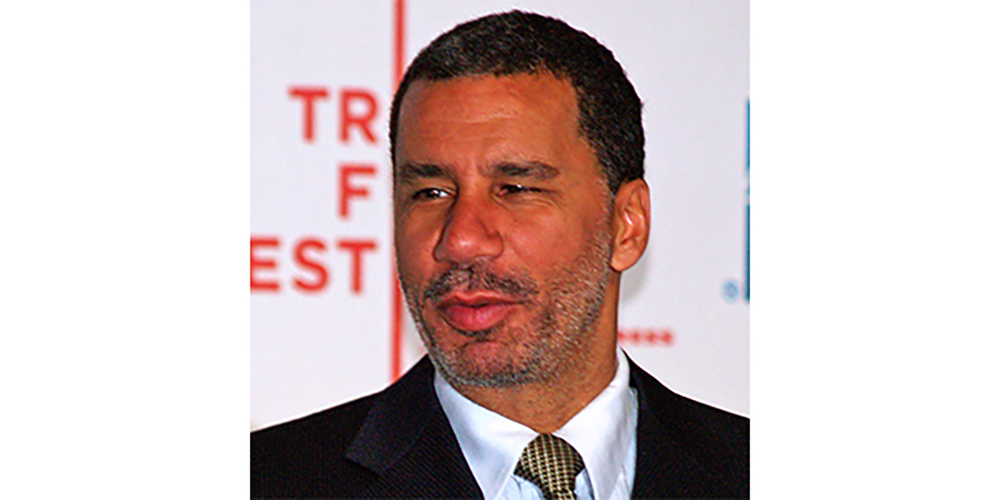By: Ilana Siyance
On Sunday, Former New York State Governor David Paterson said that he believes the state should reinstate the “three strikes” law to help fight crime in the Big Apple. “I’ve sort of changed my opinion from what it was when I was younger because [of] so many of these repeat offenders and these situations where, but for the fact that they were released after committing a terrible crime, they then committed another crime,” Paterson told host John Catsimatidis on “Cats Roundtable” talk show on WABC-770. “I think that’s when the attention has to be turned to the society that allows it, and we will have to come up with some kind of system,” he said.
As reported by the NY Post, former Gov. George E. Pataki, who served as governor from 1995 to 2007, had introduced the “three-strikes-and-your-out law” during the 1990s. The law exponentially increased the maximum prison term for third-time violent-felony offenders – forcing them to face a minimum prison term of 15 years to life on the third offense. “I know [former] Gov. Pataki [had] ‘three strikes you’re out,’ ” said Paterson, who was NY Gov from 2008-2010. “That seemed to work for a while, but it’s not on the books anymore.” He noted, in regards to the repeat crimes threatening the city today , such as the subways felonies that, “we might want to take another look at that, particularly in this particular period.”
The controversial “three-strikes” law was subsequently challenged in court and in 2010 the law was deemed unconstitutional by a federal court, which ruled in a 52-page decision that the provision violated the Sixth Amendment, which guarantees a trial by jury. The court had found that the law allowed judges, instead of jurors, to determine sentencing facts. The ruling had argued that the repeat-offender sentencing statute enabled judges to consider the “history and character of the defendant and the nature and circumstances of his criminal conduct.”
In the Sunday morning talk show interview, Paterson also touched upon the 2019 criminal justice reform that has become such a source of controversy. The law prohibits judges from setting money bail on misdemeanors and many felonies. Supporters of the law say the concept cash bail discriminates against those who don’t have money, forcing them to sleep in jail while others can pay and leave. Opponents to the law say it increases repeat offenses because criminals be can freed without restrictions while their case lags in court. Paterson told Catsimatidis that while the 2019 reforms have some good points, they lack the necessary provisions to allow judges to consider “the dangerousness of a defendant” — a 1971 requisite that stayed intact while the latest reforms were instituted. “Unfortunately, I hope that the legislature in Albany will not get offended thinking that people are blaming them for doing that,” Paterson said. “But they are the only ones right now that could change it.”





